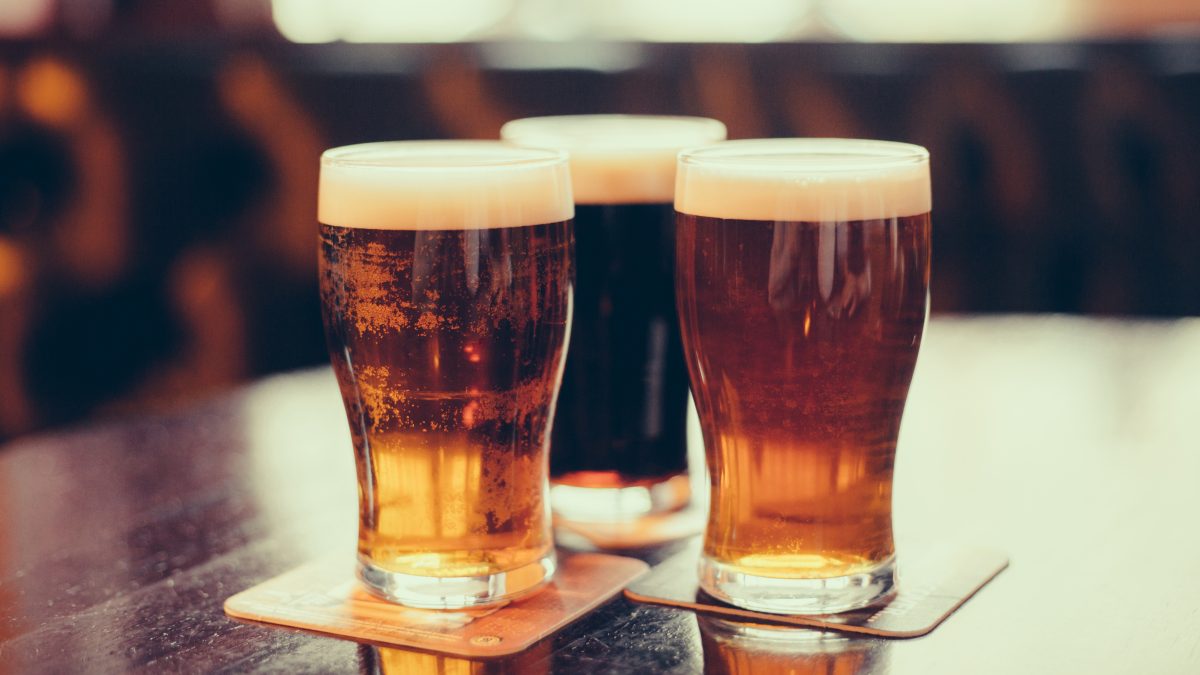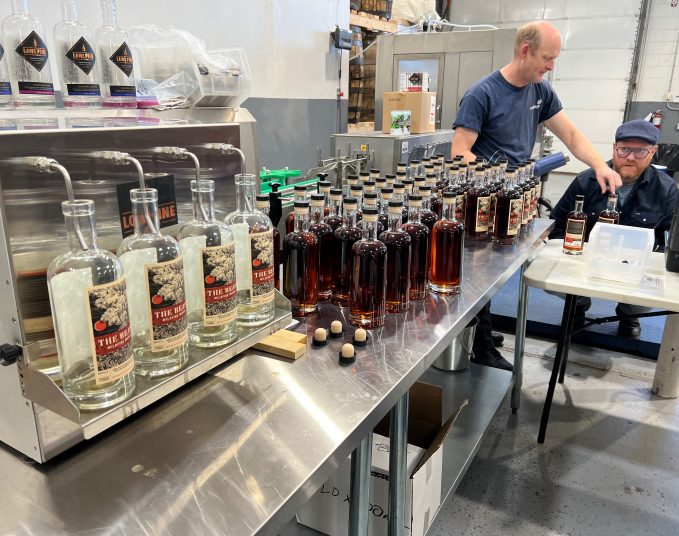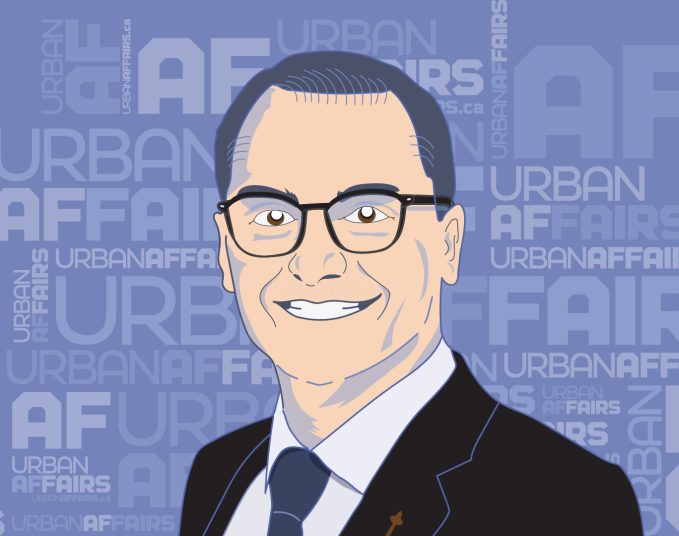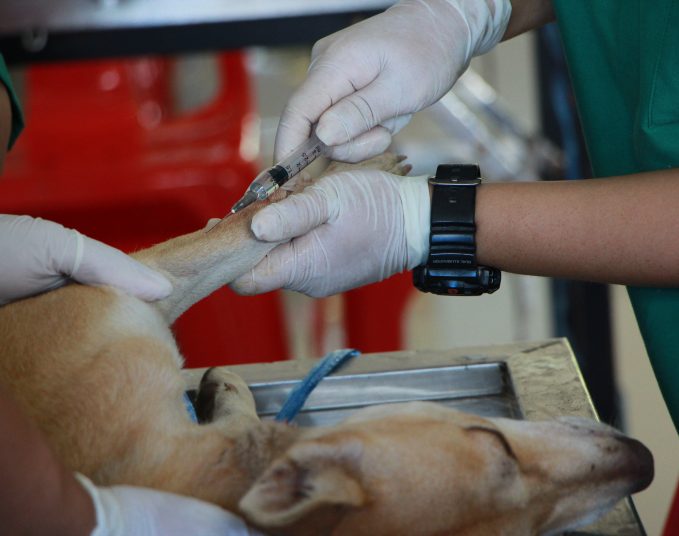It’s only March, but restaurant owners, liquor sellers, brewers and distillers are prepping for the cruelest April Fool’s joke of all.
We’re all going to be paying more for beer, wine and spirits come April 1.
But restaurant owners, industry associations and even an opposition MP are asking the federal government to put the brakes on a planned 6.3 per cent tax price increase on alcohol.
The tax itself is nothing new; the current system has been in place for six years. Every year, the federal excise tax on alcohol goes up, based on the current rate of inflation. In past years, that’s meant modest increases of a couple of per cent at a time. But, as anyone who has been to a grocery store or gas station over the past several months can attest, the inflation rate has been bonkers. So, this year’s alcohol tax hike is set to be a substantial 6.3 per cent.
Ed Donszelmann, owner of Otto Food and Drink in Edmonton, offers a wide variety of Alberta craft beers on his menu. The restaurant has survived COVID, and is coping with what supply-chain issues and inflation have done to the kitchen. Ingredients have gone up in price, and he mentions that it’s almost impossible to get grainy mustard right now — which is a bit of a problem for a restaurant that serves gourmet sausages.
He’s not opposed to taxes on liquor; he says “luxury items” need to be subject to taxes; after all, we have to pay for our quality of life in Canada. But he thinks the timing of this increase is all wrong. Restaurants are still reeling.
“We’re going through a double-whammy,” says Donszelmann. “First COVID, now inflation. We’re still in catch-up mode as a restaurant. I think, with this coming tax increase, maybe they could think about delaying it, or reducing it.
“It’s six per cent. I just think the government can be a bit more aware of what’s going on in the world at the moment.”
Kyla Kazeil is co-owner of the Common and Fu’s Repair Shop. She says the timing of the tax hike is poor.
“Today marks the one-year anniversary — if you can call it that — that we haven’t been in some form of a lockdown. COVID-related loans are coming due for ourselves, customers and, sadly, our staff as well. There is so much catching up to do. Food prices are skyrocketing and we have been trying so hard to not overly pass this on to our customers while still allowing our doors to remain open. We know that people are financially struggling and have always been a community place, we don’t want to price ourselves out of who we are or be not accessible by most.
“As with most licensed establishments, liquor sales do help to offset the razor-thin margins associated with the restaurant industry. Most of us are hanging on, but not by much. I think less margins made really affects our economy at a local level. It means a higher bill for our customers and lowers everyone’s overall ability to indulge in the extras like hospitality and retail which keeps dollars flowing in the community. I understand the concept boosting government tax revenues but I definitely don’t think the timing is appropriate.”
The Alberta Craft Distillers Association says that it has petitioned the federal government to make changes to the upcoming federal budget to alleviate the pressure on spirit makers.
According to ACDA executive director Stavros Karlos, what’s wanted is “an immediate freeze on the unfair and undemocratic inflation escalator tax applied to all categories of alcohol — spirits, beer and wine.”
And, as well, to:
“Increase our industry’s competitiveness by introducing a progressive excise tax in line with the United States.”
In the U.S., taxes are tiered based on how many barrels a distillery or brewery produces. A small distillery doesn’t face the same rates as a large multinational. A small microbrewery doesn’t pay the same rates of taxes per barrel than, say, Anheuser-Busch would.
On Thursday, Edmonton Riverbend’s Tory MP, Matt Jeneroux, made public a letter he’s written to Finance Minister Chrystia Freeland, where he asks for the feds to freeze the liquor tax and put an end to the annual escalator.
“The record-high inflation rates have not only seriously impacted the purchasing power of everyday Canadians, but have had a severe impact on the alcohol and hospitality industries in particular,” wrote Jeneroux. “Many of these businesses continue to struggle after three years of economic hardship during the pandemic.”
Restaurants Canada, in a statement, says “to avoid adding to the financial burdens of the foodservice and hospitality industry and mitigate the risk of losing more Canadian businesses, we ask the Government of Canada to freeze federal alcohol excise duties at their current rates until inflation and the economy normalize.” It estimates that the hike could cost Canadian restaurateurs an extra $750 million in the coming year.
Savvy AF. Blunt AF. Edmonton AF.




